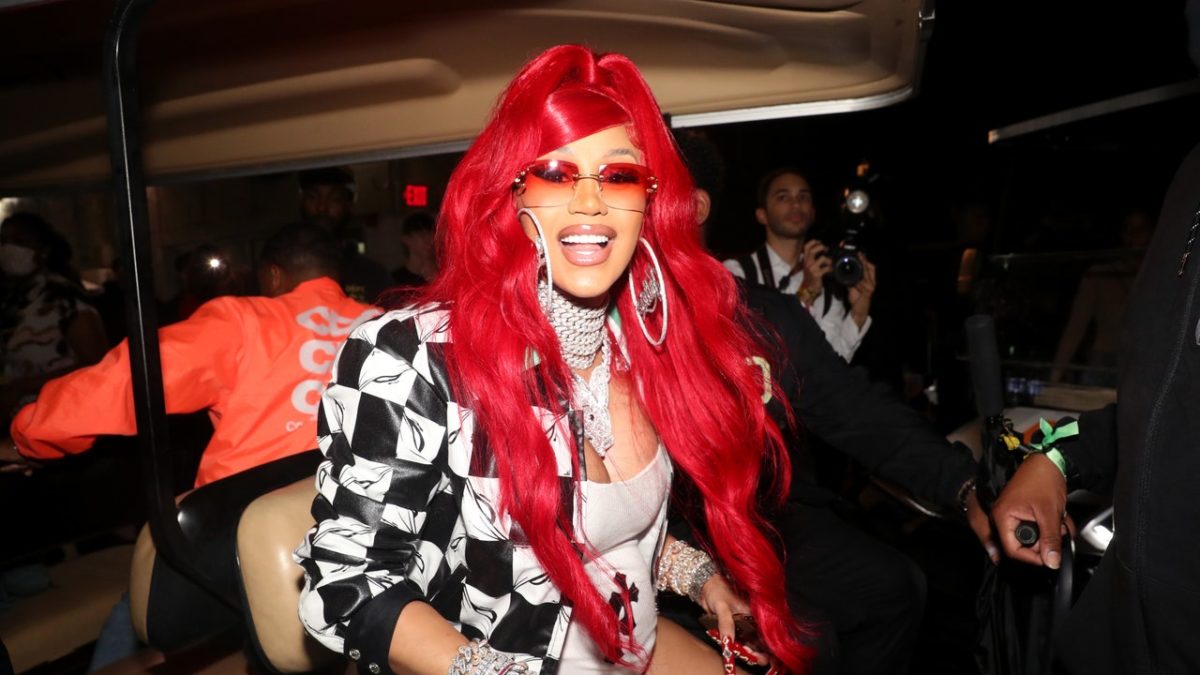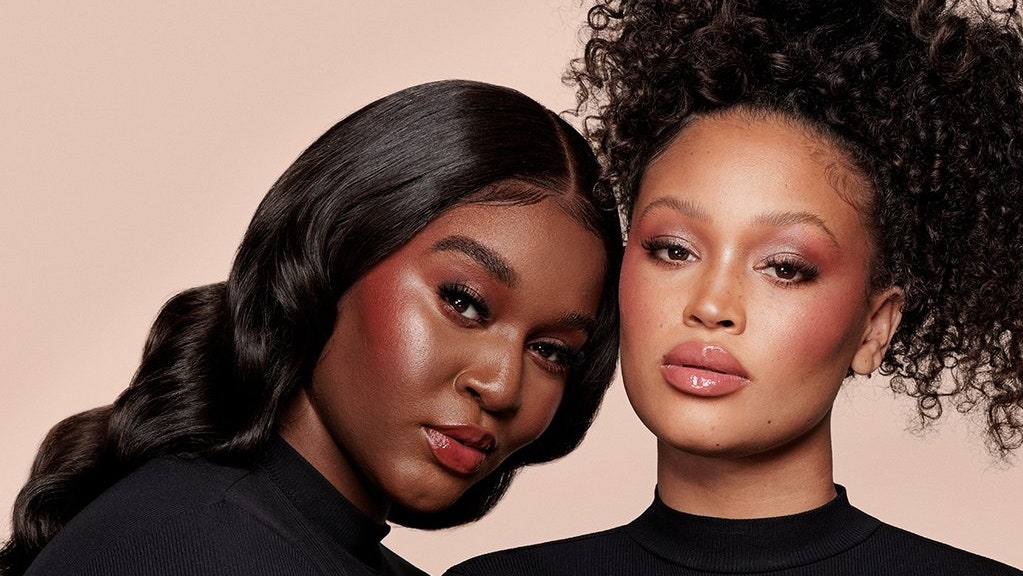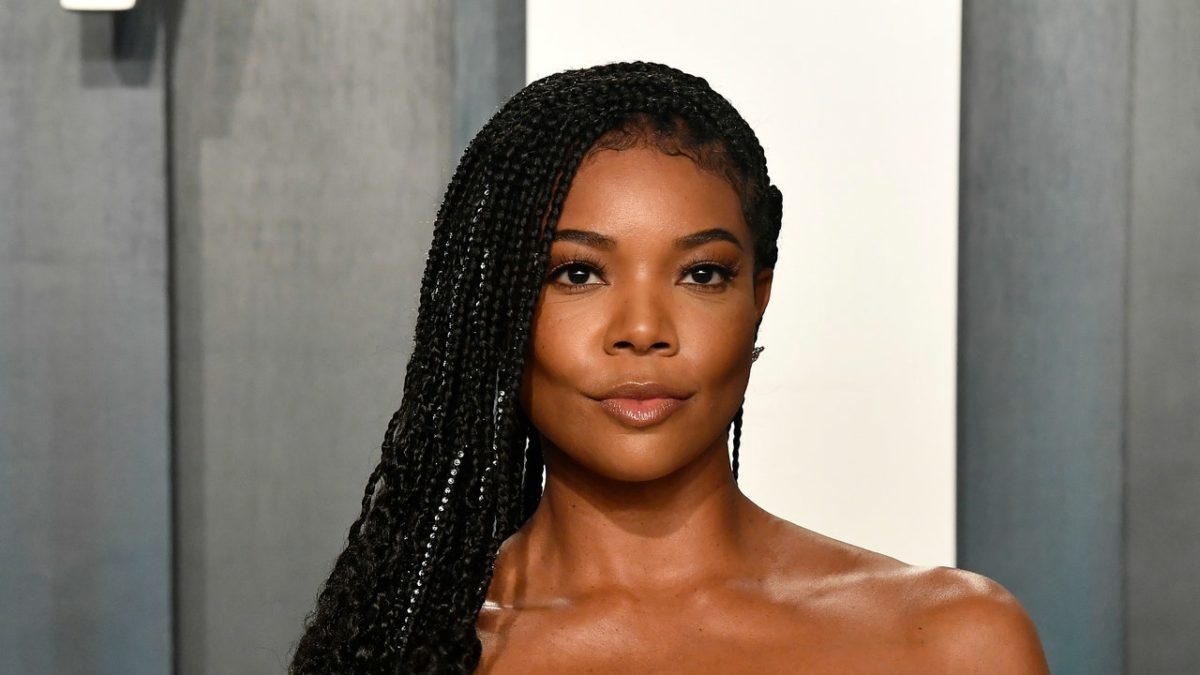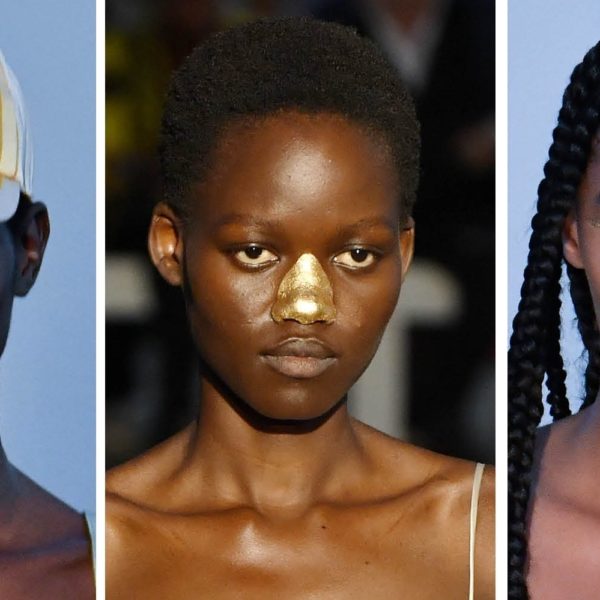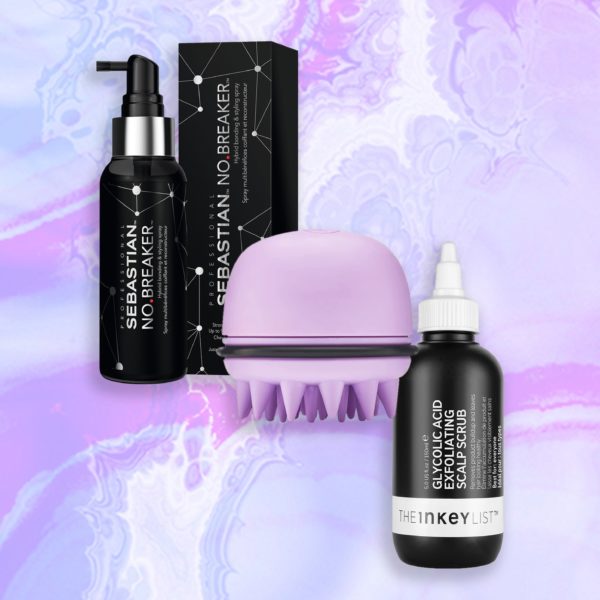The Dangerous Rise of Sexual Health Myths on Social Media
Scrolling through TikTok one afternoon, I came across an interesting video by @beaupinto. He made the claim that porn is the biggest drug addiction on the planet, because “when you see an attractive woman, your brain releases a neurotransmitter called dopamine.” Looking through a porn website where you’ll see many different women, he posits, allows the “alpha male part of your brain” to release even more dopamine, which he seems to believe eventually leads to a porn addiction. But, according to the American Association of Sexuality Educators, Counselors and Therapists (AASECT), there isn’t sufficient evidence to categorize sex addiction or porn addiction as a mental health disorder. So, believing this video to be satire, I turned to the comments, only to find scores of people agreeing with him and asking for treatment options, despite the fact that he is not a medical professional. (His bio notes he is a “Creator Being, Professional Social Networker, Media Influence Coach.” He posted another video two months later “for everyone who thinks you need to be a doctor to be smart.” )
Intrigued by what else might be out there, I decided to follow the hashtag #sexualhealth that was being used in the caption of his video. I quickly learned that multiple parallel universes exist inside the app with names like queertok, edutok, booktok, skincaretiktok and, of most interest for this story, healthtok. People who follow these hashtags are exposed to a variety of influencers and experts (or “experts”) in their respective fields.
In the healthtok community, there are educators with a big following who are also board-certified doctors, like OB-GYNs Jennifer Gunter and Staci Tanouye, but there are also a lot of folks who are not medical professionals, claiming to be “women’s health enthusiasts” instead. Telling who is who can get confusing, especially if they don’t provide any information in their bio about their qualifications.
And unfortunately, the format of the app does not allow for much clarification or follow-up on a lot of information that is shared. With a limit of 150 character counts and up to three minutes of video, it can be difficult to share citations, links, and resources without directing viewers to leave the platform.
Misinformation Is Having a Moment
In recent years, we have seen an exponential rise in misinformation that spreads quickly and easily across social media sites. This has been powerful enough to fuel social phenomenons like the antivax (most recently related to the COVID-19 vaccine) and pro-life movement, and is often associated with older generations who are served clickbait headlines on their newsfeeds.


